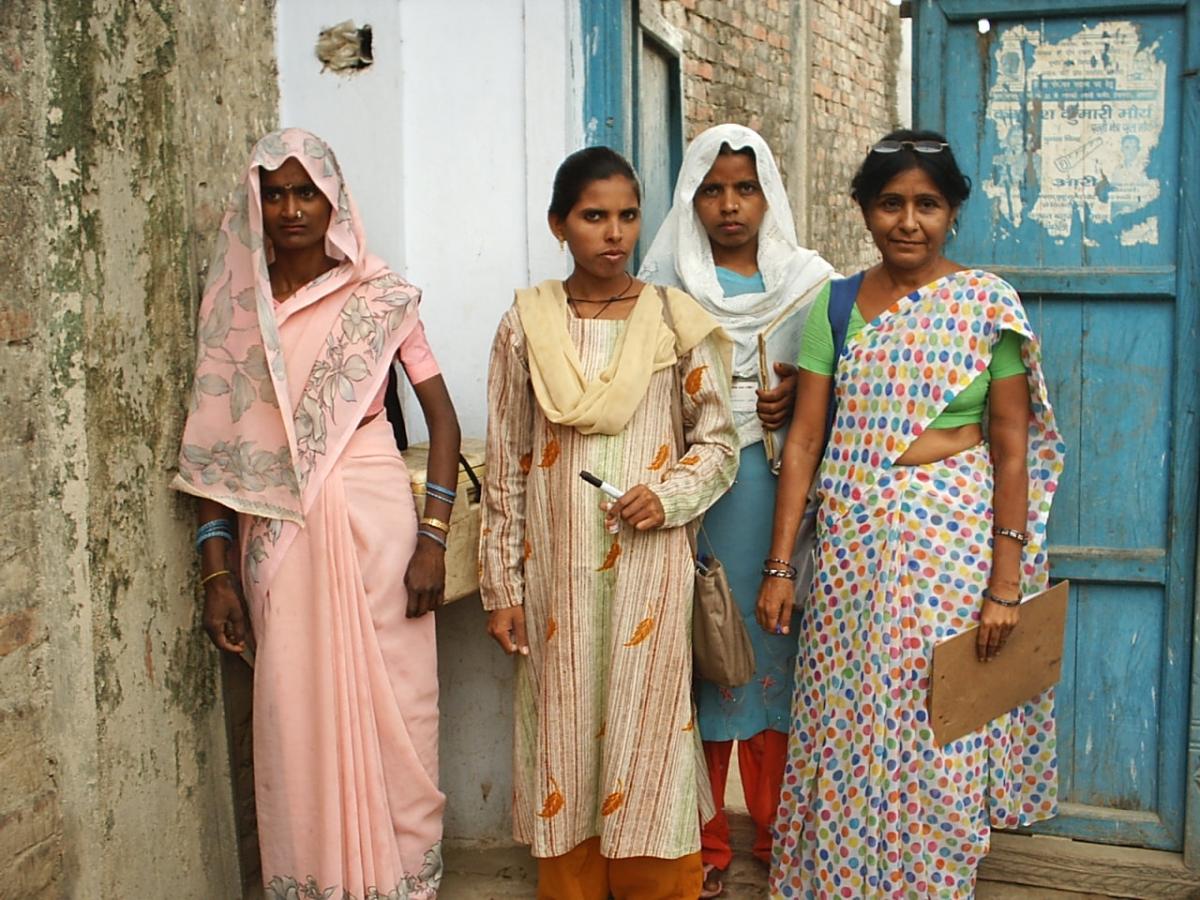
For the first time in India, the state government of Jharkhand initiated a pilot to engage accredited social health activists as ‘family planning communicators.’ The frontline health workers, known as Sahhiyas in Jharkhand, will provide family planning counseling services, filling human resource vacancies and improving access to quality services. As of October 2017, 629 Sahhiyas are trained to be family planning communicators in 39 community health centers and three district hospitals across five districts.
The Jharkhand state and district advocacy working groups first recognized an opportunity after conducting a landscape analysis between November and December 2016. The assessment identified approximately 3,000 vacancies for family planning counselors at public health facilities across the state. Staff nurses, who primarily fill the role of family planning counselor in the public sector, are concentrated in urban facilities. They are expected to see 70-80 patients per four-hour shift, and in addition to other responsibilities discuss a wide range of topics with clients including birth preparedness, sexually transmitted infections, and contraceptive options.
Meanwhile, Sahhiyas form the closest link between rural clients and their local health facilities in Jharkhand. The state working group reviewed focused interactions between Sahhiyas and clients across five districts—they found that Sahhiyas already informally orient clients on family planning methods and services. However, as this is outside their assigned duties, Sahhiyas needed formal training on the full range of modern methods and services available in the public health sector.
The state advocacy working group and Advance Family Planning local partner Jhpiego India strategized to meet this need in March 2017. They advocated with the Community Mobilization and Family Planning Cells of the National Health Mission (NHM) that trained Sahhiyas could provide counseling services to better meet the human resource gap for family planning counselors in Jharkhand. The initiative would aim to improve method mix and increase uptake of and access to family planning services in Jharkhand. The government cells agreed to pilot this approach on the condition that trained Sahhiyas would be designated as ‘family planning communicators,’ since Sahhiyas do not meet the educational qualifications of a family planning counselor required by the government of India.
Following approval in March, Jhpiego and the state working group provided technical support to the Jharkhand NHM to initiate the pilot and develop the Sahhiyas’ training module. They based the module on the Balanced Counseling Strategy, formed and tested by Population Council. The approach uses visual aids to engage clients and incorporates World Health Organization recommendations. Jhpiego provided the necessary toolkits and training curriculum materials. The team also monitored and modified the training to adapt to the unique challenges faced by each sub-geography. Between September and October, 629 Sahhiyas completed the certification to serve as family planning communicators in 42 facilities across the pilot districts of Bokaro, Dhanbad, Giridih, Ramgarh, and Ranchi.
The state working group will continue to support the NHM in Jharkhand. Jhpiego will provide technical support to the Block Training Team and Block Program Managers, who will monitor family planning counseling in pilot facilities and document the impact of the pilot. Upon completion of the pilot in March 2018, the state working group will advocate for permanent policy change and scale up across the state.

